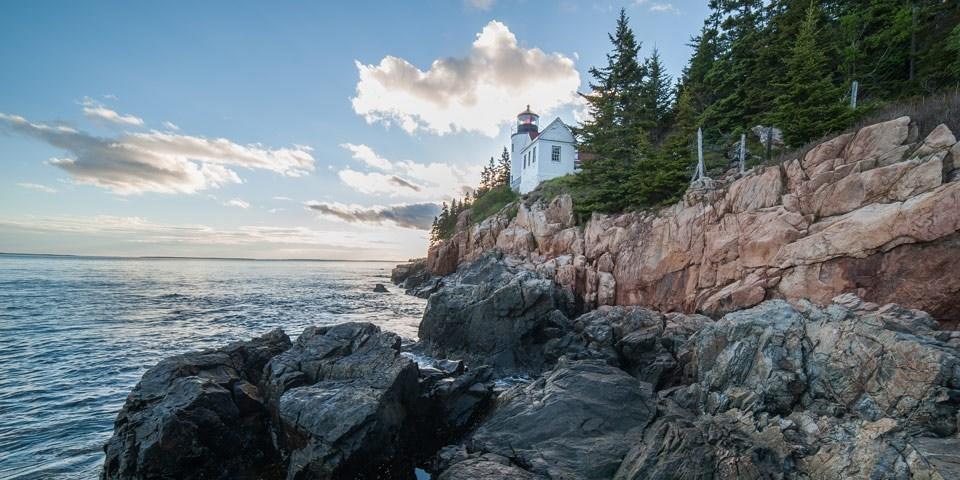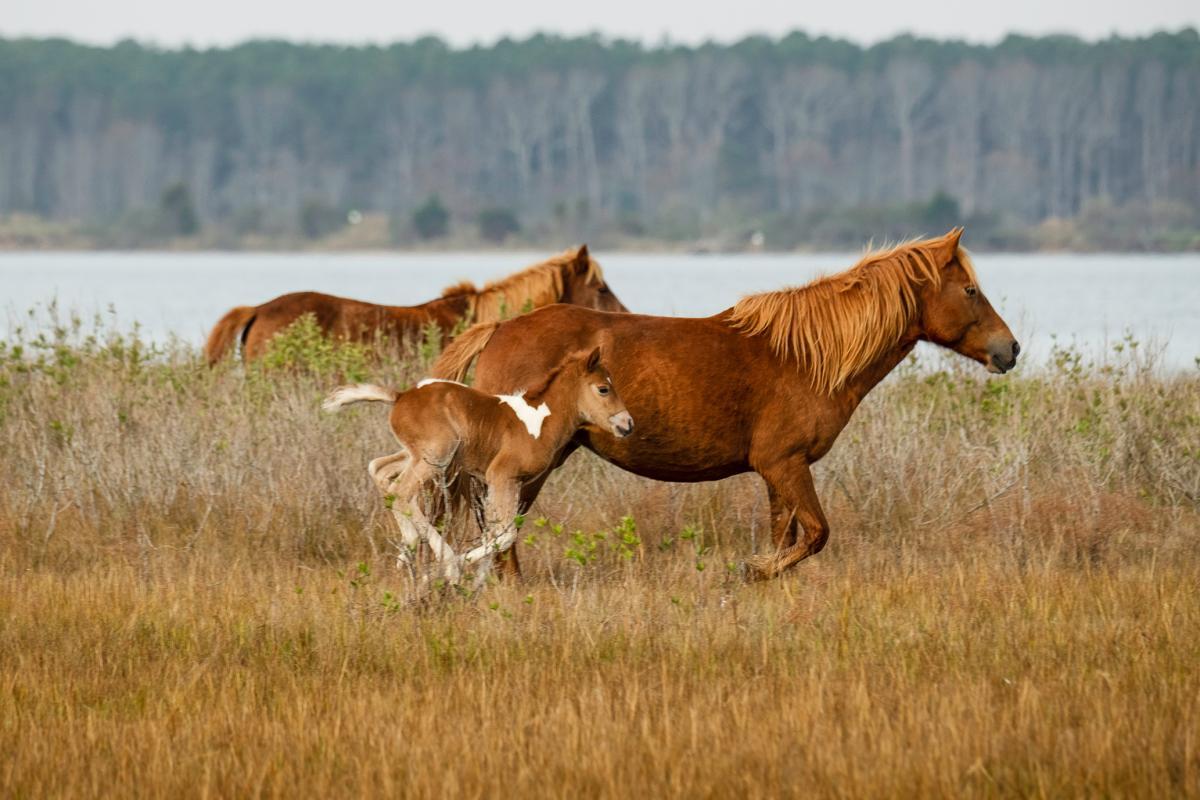by David Kurapka
Like so many SCA alumni I was deeply moved by Sarah’s reflections on how her SCA experience prepared her for being isolated and sheltered in place during the current crisis. It made me think of my own experiences with the SCA, both in the high school program in Acadia National Park, and as a summer intern at Assateague Island National Seashore. Those experiences shaped me as a young person and helped me grow in profound ways, but what, specifically, did I learn that helped me prepare for today?
Unlike Sarah, I was not alone or isolated. At Acadia, I was with a dozen or so other 17 and 18-year olds, working on various projects to preserve historic buildings, and then backpacking and exploring the park, one of the most spectacular places on the planet.
At Assateague, I worked with other full time park employees on a range of projects to deepen our understanding of and help preserve the fragile barrier island ecosystem. I might be alone out in the field, but I came home every evening to housing for summer park employees that I shared with a half dozen other people.
Both parks are extremely popular with visitors. One could easily find moments of solitude and quiet, but I never felt isolated.

In both experiences, I gained a range of skills. At Acadia, I camped for the first time in my life and learned to build a camp fire that doesn’t leave a trace. At Assateague, I learned how to conduct salinity tests and track nesting Least Terns. All of these experiences have helped me in countless ways both personally and professionally over the years, as well as offering a lifetime of memories, but they are not necessarily skills I am using these days.
And then it occurred to me. It is very simple, really, how the SCA prepared me for this crisis.

At Assateague, for the first time in my life, I had to prepare my own meals. I was independent, no mother to cook for me, or college cafeteria to visit. I was on my own.
Sure, I would have learned to cook and fend for myself at some point. But I learned those skills at Assateague, and those experiences were unique. I had no car, so I would bike to the nearest town once a week to get supplies. The Atlantic Ocean supplied a lot of my food, however. Most days, after work, I would borrow a friend’s fishing rod, go over to the beach and surf fish for dinner. After catching a flounder or a couple of bluefish, I’d head back to the house and cook. I learned how to clean the fish and then fry it in a bit of butter with some lemon. It was simple and delicious.
Hmmm. Weekly trips to the grocery store and trying to source your own food. Cooking for yourself and family, and not visiting restaurants. Sound familiar?
So thank you, SCA, for preparing me for this.
David Kurapka (above, third from right, with fellow SCA Alumni Council members) is a writer and editor and recovering political speechwriter. A graduate of The University of the South in Sewanee, TN, he has written for Okra, Gray’s Sporting Journal, Worth, TheStreet.com, and The New Republic among other publications. David lives in Berkeley, CA with his wife, artist Merl Ross, daughter Ava, and black lab, Harper Lee.
Acadia and Assateague photos: nps.gov